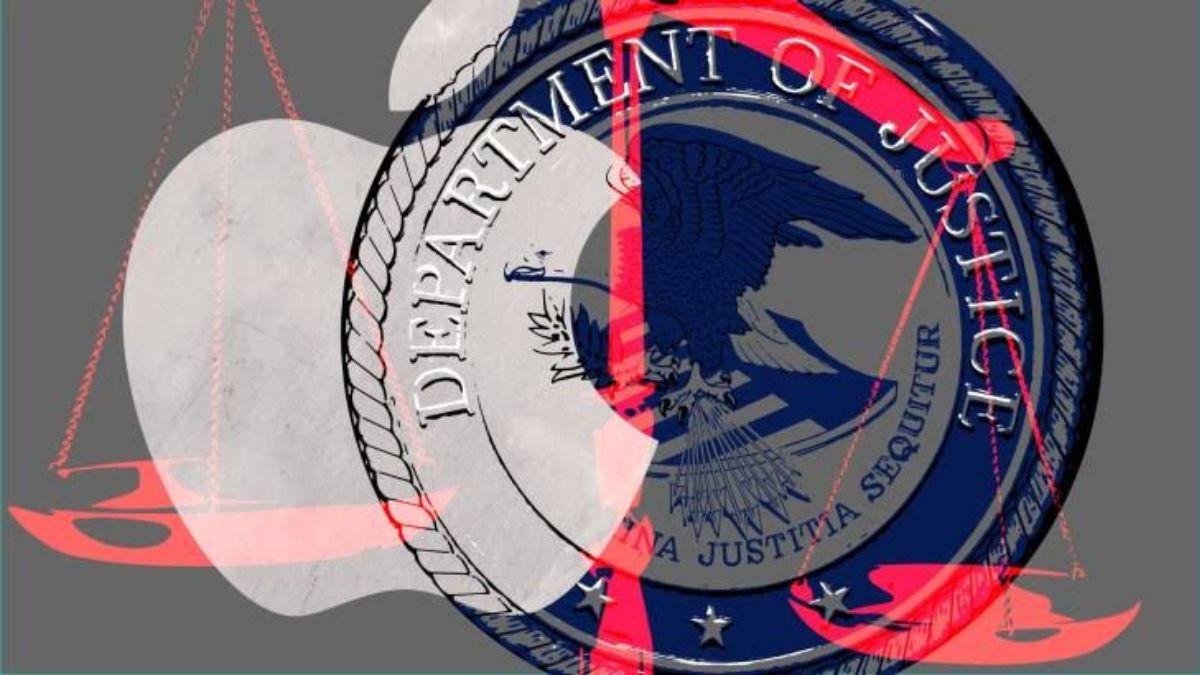In a major legal development, the US Department of Justice (DOJ) has filed a lawsuit against Apple, alleging that the tech company’s iPhone ecosystem undermines the freedom that provides “star ratings” that harm consumers, manufacturers and competitors’ profits.
The lawsuit filed by the US Department of Justice and 16 lawyers in federal court in New Jersey states that Apple’s anti-competitive behavior continues beyond its iPhone and Apple Watch businesses, including advertising, browser, FaceTime and News Services. According to the complaint, Apple demonstrates its strong position in the smartphone market with every move it makes.
The government did not rule against Apple, and the Ministry of Justice management said it would consider construction if the case was successful. The legal challenge poses a major risk to Apple’s business model and could result in changes to its most important products, including the iPhone, Apple Watch and service lines.
US Attorney General Merrick Garland said Apple’s dominant position in the smartphone market gives it the power to control prices and eliminate competition and threatens consumer health. Garland warned that without intervention, Apple would continue to strengthen its smartphone monopoly.
In response to this lawsuit, Apple released a statement stating that it disagreed with the merits of the lawsuit and promised to defend it. The company argued that compliance could hinder its ability to innovate and deliver new technology to customers, setting a dangerous precedent for government intervention in the technology development process.
The U.S. Department of Justice is following a multi-year investigation into Apple’s business practices and past troubles, including allegations of conspiracy combination and opposition practices. The lawsuit cites examples of Apple restricting competition, such as blocking social media apps and limiting compatibility with other people’s wallets and smartwatches.
The lawsuit also touches on Apple’s management of its ecosystem designed for use with iPhones, including iMessage and the Apple Watch. The US Department of Justice also expressed concerns that Apple’s ban on cloud computing on its App Store platform prevents consumers from accessing quality content.
Deputy Attorney General for Antitrust Jonathan Kanter emphasized the importance of holding Apple accountable and preventing similar behavior from occurring in other markets. Kanter noted that Apple had benefited from previous attacks, but now its own apps face scrutiny.
The legal battle between Apple and the Department of Justice underscores broader challenges facing tech giants, with implications for competition and the health of consumers. As the case progresses, it could have far-reaching consequences for Apple and the entire tech industry.


